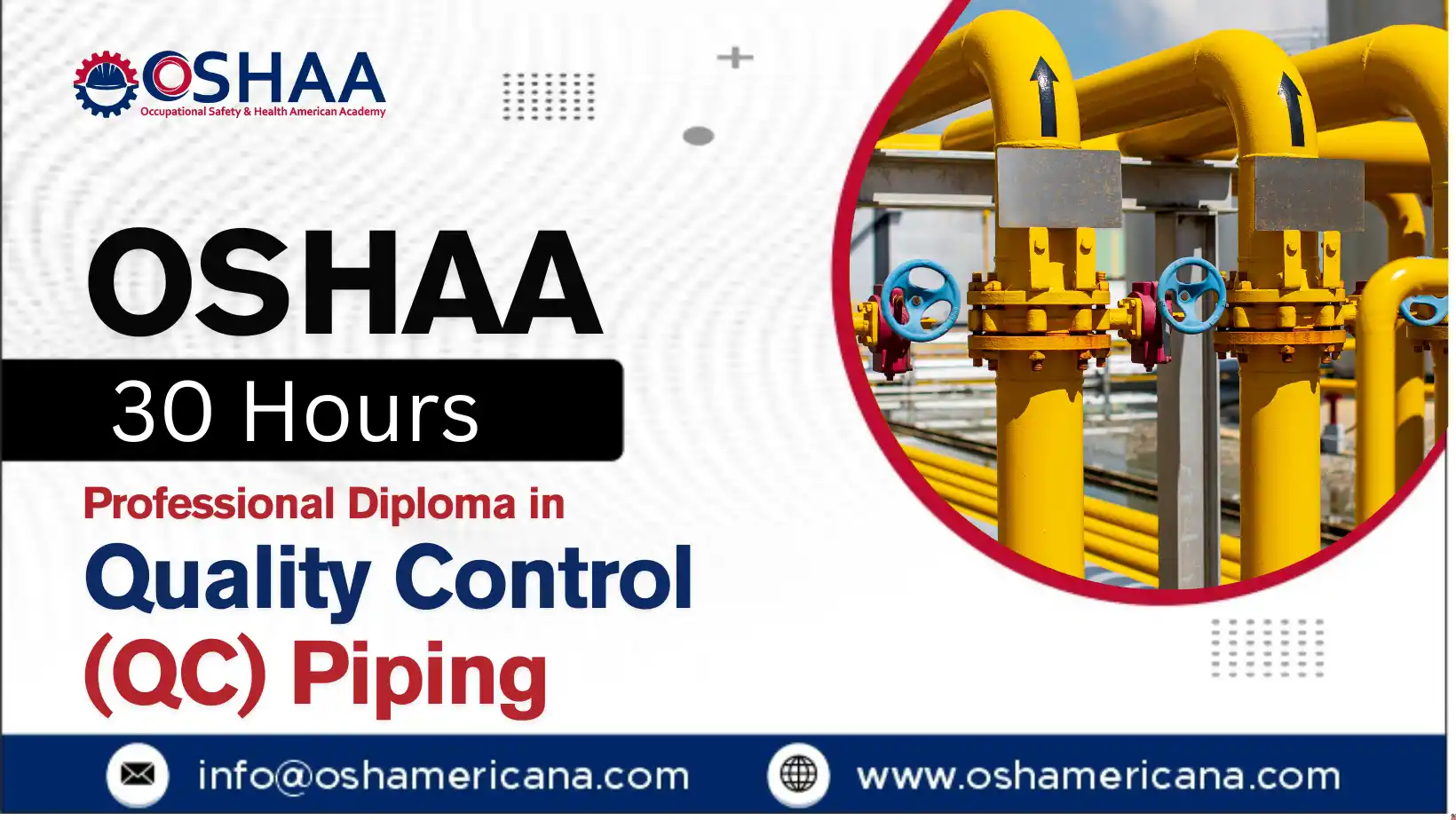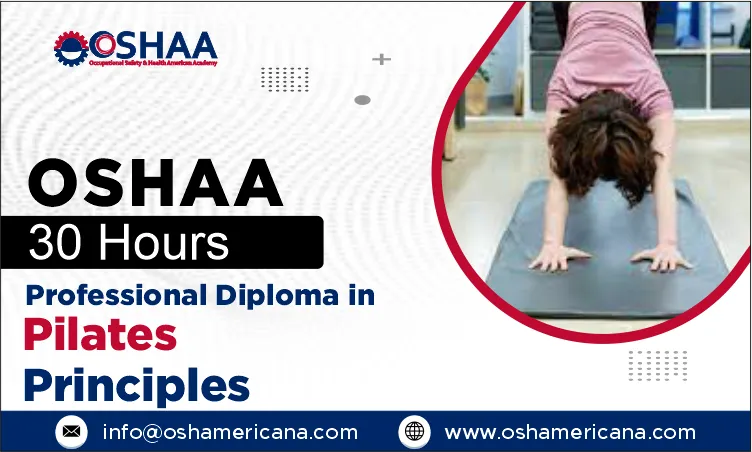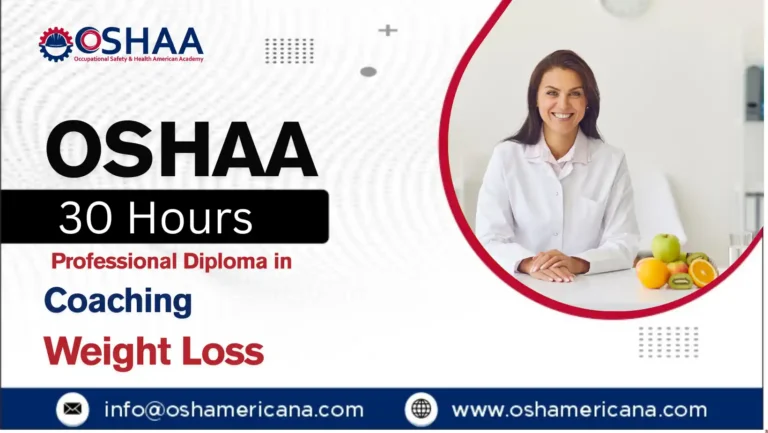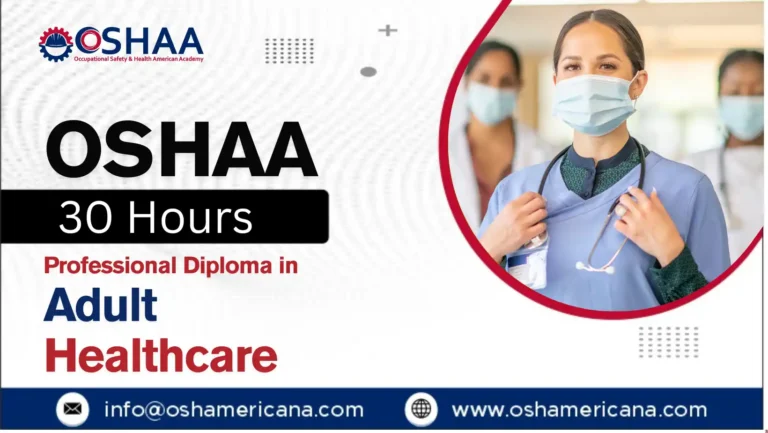The OSHAA 30-Hours Professional Diploma in Quality Control (QC) Piping is a professionally recognised qualification awarded by OSHAA — a respected awarding body known for its commitment to workplace safety, technical competency, and international compliance. Designed to align with UK professional and occupational standards, this diploma programme offers a thorough understanding of quality control practices specific to industrial piping systems.
This 30-hour diploma provides participants with the essential knowledge and practical tools required to inspect, assess, and uphold quality standards in piping used across various industries. From oil and gas to petrochemicals, water treatment, and power generation, the course content addresses the technical complexities and safety-critical nature of piping systems.
This diploma is suitable for participants currently working in or aiming to enter technical roles related to piping quality control. Ideal for mechanical engineers, site supervisors, QC inspectors, and fabrication specialists, the course is also valuable for those transitioning into quality-focused roles from general engineering or project support backgrounds.
As an OSHAA-awarded qualification, this diploma enhances the professional profile of participants and supports progression towards advanced roles in inspection, compliance, and quality assurance management. The skills gained are transferable across a variety of global industrial sectors, helping participants access opportunities on international projects and within multinational organisations.
The OSHAA 30-Hours Professional Diploma in Quality Control (QC) Piping is more than a technical qualification — it is a commitment to maintaining the highest standards of industrial safety and performance. By blending regulatory understanding with hands-on inspection skills, OSHAA provides participants with the confidence and competence to make a meaningful impact in quality-focused roles.
OSHAA 30-Hours Professional Diploma in Quality Control (QC) Piping
Study Units
Learning Outcomes
Introduction to Quality Control in Piping Systems (2 Hours)
- Understand the fundamentals of quality control and its importance in piping systems
- Identify key roles and responsibilities in a quality control framework
- Recognise the impact of quality control on operational efficiency and safety
- Gain awareness of typical challenges and solutions in QC processes
Piping Materials, Components, and Fabrication Processes (3 Hours)
- Identify common piping materials and their applications in industry
- Understand the function of piping components such as valves, fittings, and flanges
- Explain the basic principles of fabrication methods including cutting, bending, and welding
- Recognise how material selection affects quality and system integrity
International Standards and Codes: ASME, API, ISO (4 Hours)
- Understand the purpose and scope of key piping standards and codes
- Identify relevant sections of ASME, API, and ISO standards for quality control
- Apply standardised practices in evaluating piping system compliance
- Interpret and integrate codes into inspection and documentation procedures
Welding Procedures and Joint Integrity (6 Hours)
- Understand various welding techniques used in piping fabrication
- Interpret welding procedure specifications (WPS) and procedure qualification records (PQR)
- Identify potential welding defects and their implications on system safety
- Assess joint integrity using visual and standard testing methods
Piping Isometrics and Technical Drawing Interpretation (5 Hours)
- Read and interpret piping isometric drawings and process flow diagrams
- Understand symbols, annotations, and line classifications used in piping schematics
- Translate technical drawings into practical inspection checklists
- Evaluate design requirements against installed systems
Non-Destructive Testing (NDT) Methods and Applications (4 Hours)
- Understand the principles of NDT and its role in quality assurance
- Identify common NDT techniques including ultrasonic, radiographic, magnetic particle, and dye penetrant testing
- Determine appropriate NDT methods for specific inspection tasks
- Interpret NDT results for defect detection and compliance reporting
Inspection Techniques and Common Defect Identification (3 Hours)
- Apply structured inspection methods across piping fabrication and installation stages
- Identify common defects such as corrosion, cracks, misalignment, and weld discontinuities
- Use inspection tools and gauges effectively in field applications
- Develop practical approaches to defect classification and reporting
Documentation: WPS, PQR, Test Reports, and Compliance Records (3 Hours)
- Understand the purpose and structure of key quality control documents
- Accurately complete and verify inspection and testing records
- Maintain compliance through correct documentation practices
- Support audit readiness through systematic record keeping and data management
Course Benefits – OSHAA 30-Hours Professional Diploma in Quality Control (QC) Piping
Participants enrolled in the OSHAA 30-Hours Professional Diploma in Quality Control (QC) Piping will gain a wide range of technical, professional, and career-focused benefits. This programme is specifically designed to enhance practical skills, regulatory understanding, and inspection capabilities in line with international standards.
- Achieve a professionally recognised qualification awarded by OSHAA, a respected body in occupational and technical education
- Strengthen technical expertise in piping systems, fabrication processes, and quality inspection practices
- Develop the ability to interpret engineering drawings, piping isometrics, and welding documentation with accuracy
- Gain practical knowledge of non-destructive testing (NDT) techniques and their application in real-world inspections
- Build competence in identifying defects, managing quality risks, and supporting compliance with industry codes such as ASME, API, and ISO
- Improve documentation skills through training in WPS, PQR, test reports, and audit-ready records
- Enhance credibility and employability in oil and gas, petrochemical, construction, and process industries
- Lay a strong foundation for progression into advanced roles in quality control, inspection, or project supervision
- Increase confidence in working within international safety and quality frameworks
- Access greater opportunities for cross-industry career mobility and global project involvement
This diploma provides a practical pathway for participants to become key contributors to the quality, safety, and operational success of piping systems across a wide range of industrial environments.
The OSHAA 30-Hours Professional Diploma in Quality Control (QC) Piping) is designed for participants seeking to build or enhance their knowledge and practical skills in industrial piping quality assurance. It is ideal for those aiming to work in technically focused roles within the oil and gas, petrochemical, construction, and manufacturing sectors.
This course is particularly suitable for:
- Participants currently working in quality control, inspection, or fabrication roles who wish to formalise their expertise with a recognised qualification
- Mechanical and piping professionals looking to broaden their competence in international standards, inspection procedures, and documentation practices
- New entrants to the industrial sector seeking foundational knowledge of piping systems, welding procedures, and inspection techniques
- Technicians and supervisors aiming to progress into quality assurance or compliance-related positions
- Individuals involved in project quality, health and safety, or site supervision who require a structured understanding of piping QC principles
Whether entering the field or advancing in a current role, this diploma offers the technical foundation and industry relevance to support participants in becoming effective contributors to high-standard, regulation-compliant industrial operations.







